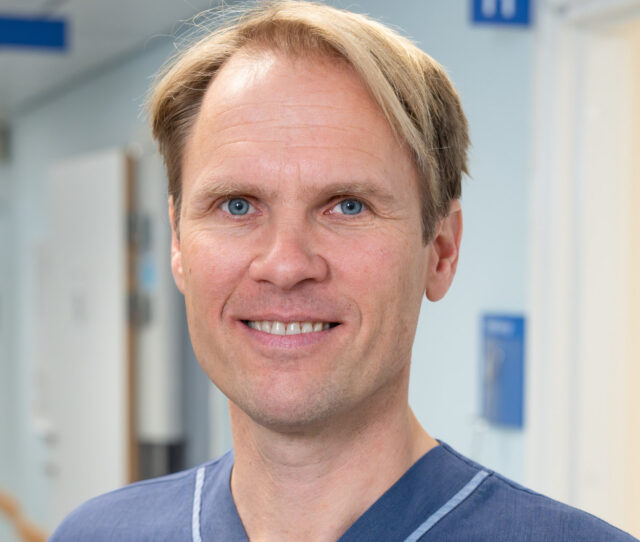A new international database maps the world's most economically influential power brokers – and Sweden stands out. In contrast to many other countries, outstanding academic credentials are rarely required to reach the top of the financial ladder here.
Who really controls the global economy? A group of 70 researchers has collected data on over 3,500 people from 16 countries who together account for a majority (54 percent) of the world's GDP.
The results, presented in the new World Elite Database (WED), reveal both global similarities and national differences in terms of age, education, and background, with Sweden deviating significantly in one respect. Here, only five percent of the richest power holders have a doctorate – the lowest figure among all countries surveyed.
These are CEOs and board members of large companies, those with the greatest wealth and people with the power to regulate the economy. The median age varies greatly: the American financial aristocracy is the oldest (62), while China and Poland have the youngest top echelons (55).
Place of birth also differs: in China, almost half of the elite were born in small villages, but only 1 percent were born abroad. In the UK, on the other hand, 45 percent of the richest were born outside the country, often in India.
– It is interesting to see that as much as 20 percent of the UK's economic elite comes from the country's former colonies, notes Håkan Johansson, professor at Lund University and one of the researchers behind WED.
"Not highly valued in Sweden"
Sweden's economic ruling class is distinguished by its low level of education, even when compared to neighboring countries. In Germany, just over a third of those with economic power have a doctorate or equivalent, compared to one in twenty power holders in Sweden.
– It is quite clear that a doctorate is not highly valued in Sweden and is not necessary to reach the top of society, Johansson continues.
A master's degree is most common among the elite, except in Argentina, Italy, and the UK, where a bachelor's degree is more common. Those who have inherited their wealth have the lowest level of education.
To become part of the financial elite, a degree in economics is otherwise the most common route – except in China and Finland, where it is more common for those who have reached the "top" to be civil engineers.
In the UK, Poland, and Switzerland, law and the humanities are also highly valued – at least 20 percent of the "top tier" have studied these subjects – compared to less than 10 percent in the Nordic countries.
"Have enormous power"
Some may wonder why it is important for researchers to map the backgrounds and qualifications of those in power, but Håkan Johansson points out that this is a group that has an extremely large influence and that it is important to try to understand how and why they make their decisions.
– Economic elites are interesting because they have enormous power. They influence people's working conditions, countries' prosperity, and financial development. This is the first database of its kind, and many researchers will use it in their studies.
– One example of research that would be interesting to do using the database is to link it to what economic elites actually do with their power, for example in studies of the climate impact of elites, he continues.
The World Elite Database (WED) is the result of an international collaboration between some 70 researchers from Chile, Denmark, Italy, France, Finland, China, Norway, Poland, Portugal, Russia, Sweden, Switzerland, the United Kingdom, Germany and the United States.
The database is currently only available to researchers and contains more than 3,500 names from 16 countries that together account for 54% of the world's gross domestic product.
The first scientific article based on the material was published recently in the British Journal of Sociology.





